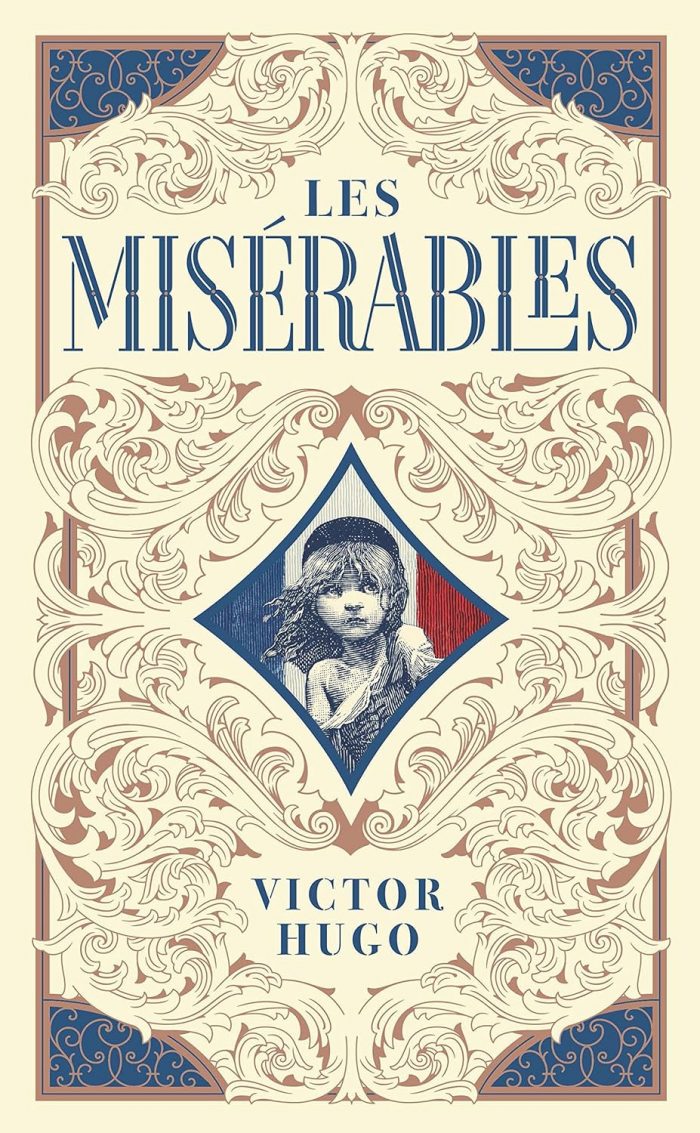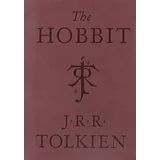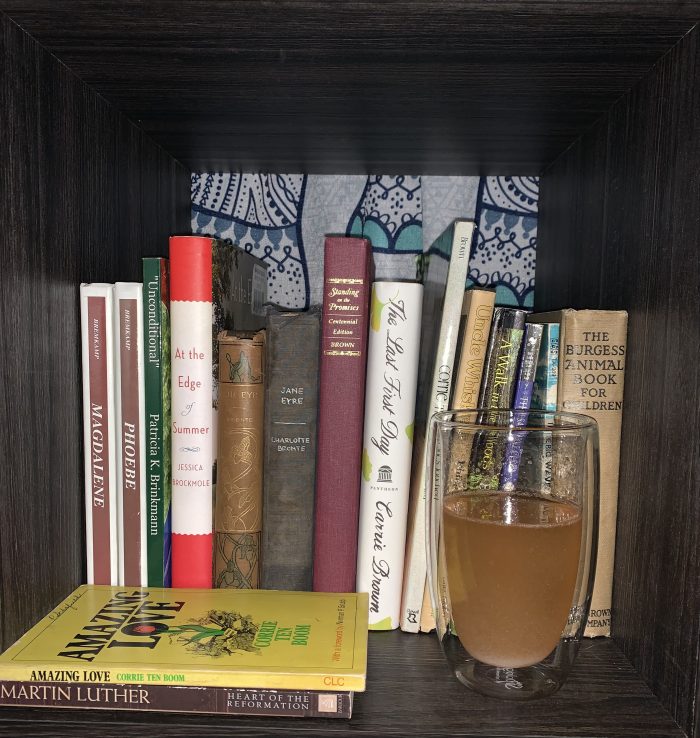“And, as she looked around, she saw how Death, the consoler,
Laying his hand upon many a heart, had healed it forever.”
Henry Waldsworth Longfellow, Evangeline
Author: Cadie (Page 2 of 36)
Before it was over
I took out a pencil and a notepad
and figured out roughly what was left -
a small box of Octobers, a handful of Aprils,
little time to waste reading a large novel
on the couch every evening,
a few candles flaming in the corners of the room.
A fishbowl of Mondays, a row of Fridays -
yet I cannot come up with anything
better than to strike a match,
settle in under a light blanket,
and open to the first sentence of Clarissa.
Look at me setting off on this long journey
through ink and tears,
through secrecy and distress,
anticipation and swordplay.
As the darkness thickens
and the morning glory puts down its trumpet,
as worms begin to sing in the garden,
and Christ looks down from the wall,
I will begin inching toward the end -
page one thousand five hundred and thirty-three
in this paperback Penguin edition,
introduction and notes by one Angus Ross.
("Birthday", Billy Collins, in Nine Horses, 2002)
What better way to spend a birthday? Engrossed in a book (old favorite or new adventure). Better than how I spent it – renewing my drivers license and running errands. But it wasn’t all in vain, because while I waited, I read this poem. And that made my birthday a little more special.
I have been neglecting this blog for several weeks, but I assure you, I am still writing. A few weeks ago, I dreamed up the premise to a novel (almost literally, for the characters came to me in the almost-dreaming state just before I fully succumbed to sleep). Since then, I have spent most of my free time writing fiction, researching the portion of history I want to write about, and pinning a multitude of writing tips to my Pinterest wall.
Sadly, I have not done a lot of reading. I did listen to The Scarlet Pimpernel again – and watched the movie too. I also listened to Cousin Phyllis by Elizabeth Gaskell. And I started two books – an audio version of Persuasion by Jane Austin and the novel The Girl With the Dragon Tattoo by Stieg Larsson. I’m not done with those, but I suppose I have done a little reading.
But mostly I’ve been writing and neglecting this blog.
Which brings me to why I am writing this post. You already saw the title: “Do Something Hard”. For me, that has been committing to writing every day and determining to finishing the story I started. I took a week off (of writing) because I felt like I was at a dead end. I used that time to rest my brain and find more writing tips. When I picked back up, I used those tips and have seen good progress come from it.

Several years ago, I did another hard thing. I determined to read Les Miserables by Victor Hugo all the way through, unabridged. Hugo is a hard author to read. He spends pages on scenes and backstories that make you wonder how they could possibly tie into the story. For example, in the volume I read, there were forty pages on the Battle of Waterloo. Good stuff, but why? I kept thinking – until I reached the end of those forty pages and found the connection. Wow. It took me exactly six months to finish Les Miserables. When I finished it, I felt like I had lost friends. I kept reliving my favorite scenes and talking about them to anyone who would listen. It was the hardest book I’ve ever read, and it was totally worth it.
So, what hard book is on your shelf? Pick it up; determine to finish it, no matter how long it takes.
Do you have a story in your head? Write it down. Put it on paper before you forget. Determine to tell your story, no matter how long it takes you to finish it.
Sure, you’re busy. So am I. I’m writing my novel on lunch breaks and late at night. Tolkien went to war. Anna Sewell was bedridden and died young, never knowing how dearly the world would love her one novel, Black Beauty. You may not have tomorrow, or you may have a thousand tomorrows. It doesn’t matter until you determine to do that hard thing.
Paint a picture. Join a choir. Learn an instrument. Audition for a play.
Don’t worry about how long it will take or how tiring it is. It took Hugo sixteen years to write Les Miserables. Tolkien wrote The Hobbit in less than three years, then it took him twelve more years to write The Lord of the Rings. But both finished, and both are loved by the world for their works.

Your reward may not be world renown, but you can still have the reward of knowing you did something hard, and you finished it.
And so I say again: Do something hard.
Oracular – uttering oracles; having the nature of an oracle (a divine announcement)
“Patience!” whispered the oaks from oracular caverns of darkness:
And, from the moonlit meadow, a sigh responded, “Tomorrow!”
Henry Wadsworth Longfellow, Evangeline
Cidevant – former, recent, previous
“Much they marvelled to see the wealth of the cidevant blacksmith,
All his domains and his herds, and his patriarchal demeanor.”
Henry Wadsworth Longfellow, Evangeline
Thole – a pin, or either of a pair of pins, made of metal or wood and set vertically in the gunwale of a boat to serve as a fulcrum for an oar
“After the sound of their oars on the tholes had died in the distance…”
Henry Wadsworth Longfellow, Evangeline
Tenebrous – dark, gloomy, obscure
“Over their heads the towering and tenebrous boughs of the cypress
Met in a dusky arch, and trailing mosses in mid-air
Waved like banners that hang on the walls of ancient cathedrals.”
Henry Wadsworth Longfellow, Evangeline
Cumbrous – cumbersome
“It was the month of May. Far down the Beautiful River,
Past the Ohio shore and past the mouth of the Wabash,
Into the golden stream of the broad and swift Mississippi,
Floated a cumbrous boat, that was rowed by Acadian boatmen.”
Henry Wadsworth Longfellow, Evangeline
“Then from a neighboring thicket the mocking-bird, wildest of singers,
Henry Waldsworth Longfellow, Evangeline
Swinging aloft on a willow spray that hung o’er the water,
Shook from his little throat such floods of delirious music,
That the whole air and the woods and the waves seemed silent to listen.
Plaintive at first were the tones, and sad; then soaring to madness
Seemed they to follow or guide the revel of frenzied Bacchantes.
Single notes were then heard, in sorrowful, low lamentation;
Till, having gathered them all, he hung them abroad in derision,
As when, after a storm, a gust of wind through the tree-tops
Shakes down the rattling rain in a crystal shower on the branches.”
Happy Saturday, my friends! I’ve already had a busy morning. The Friends of the Local Library run a small bookshop about a mile from my house, so I decided to walk up there and see what they have today. I’m searching for several books from a particular author. Though they didn’t have any of his works, I did find three others to add to my library.

By the time I got home, I was hot and tired. Instead of making tea, I decided to drink a glass of Strawberry Electrolyte Boost. It’s pretty good, even though I have to keep stirring the powder in. It looks pretty next to my books, doesn’t it?
I haven’t written many posts recently because I’m doing more writing than reading these days. I am working on some poetry, my September devotional is due, and I’m also trying my hand at some fiction. I am definitely not ready to share it with the world yet, but it’s coming along. It feels so good put my thoughts on paper – to know that it is my story on the page and not someone else’s. My brother always says, it is important for us to have some kind of creative outlet, and for me, it has become writing.
I hope you have a nice Saturday, whether you create something amazing or enjoy another person’s work. And if you choose to read today, Happy Reading!